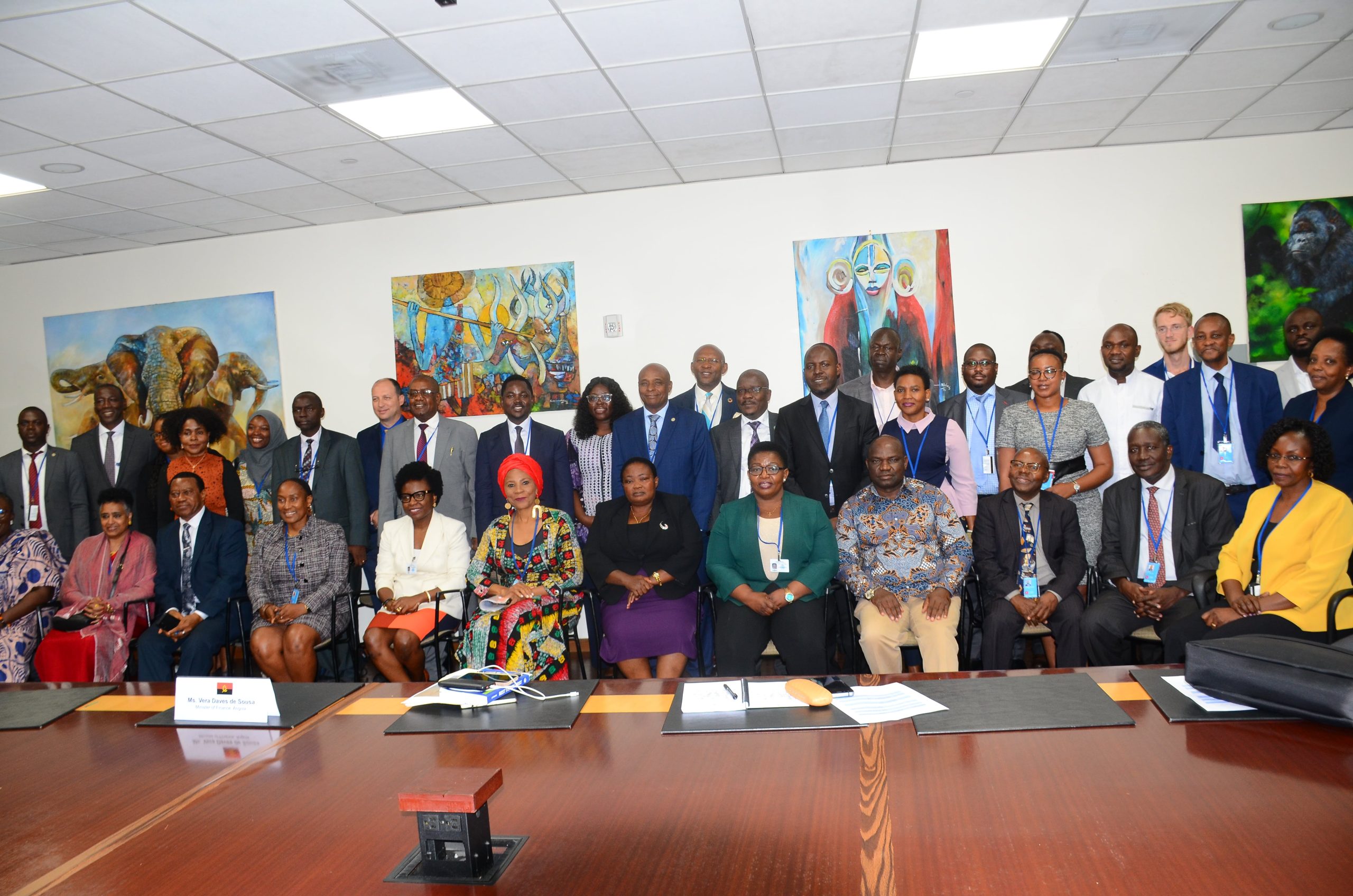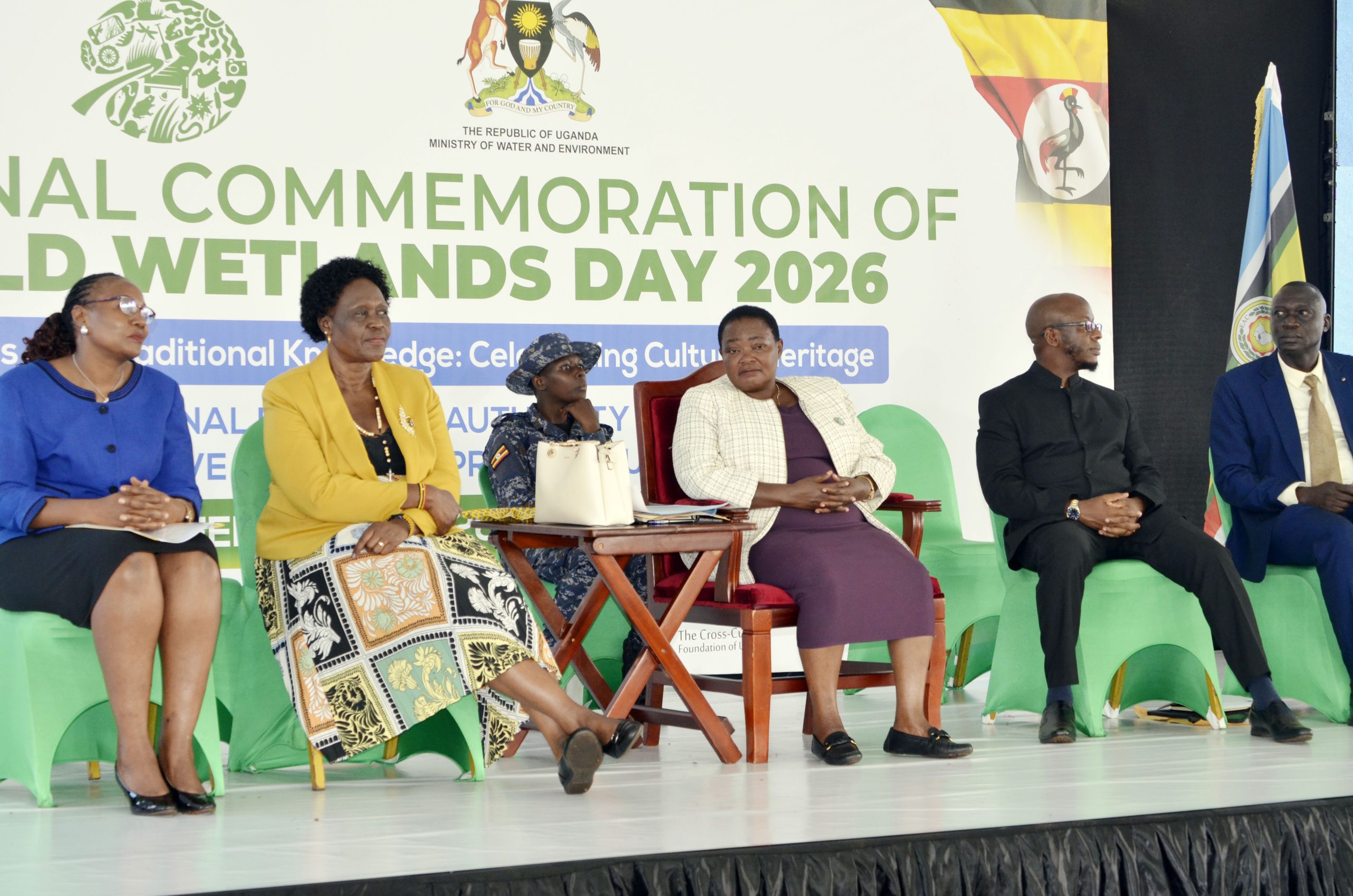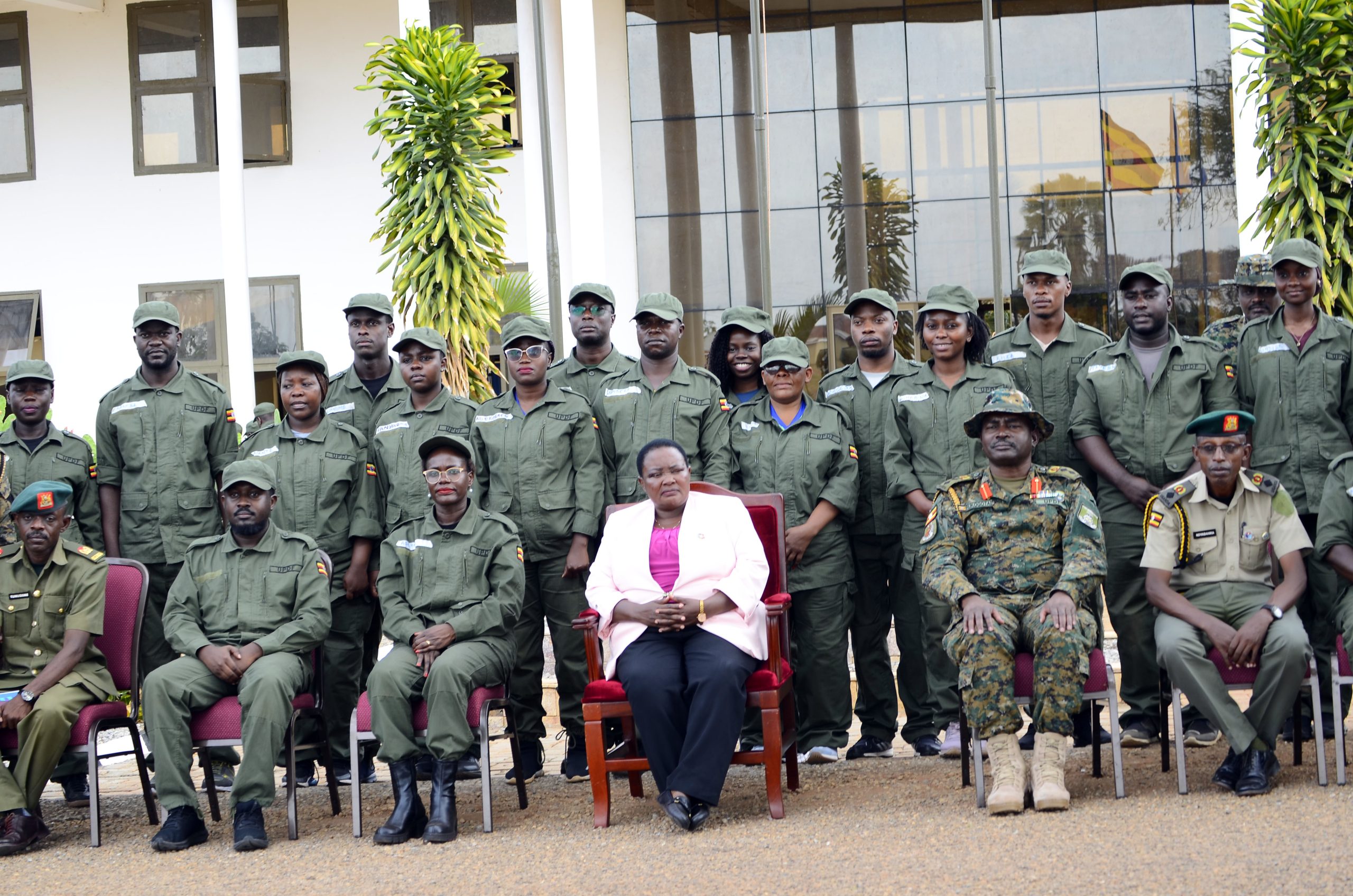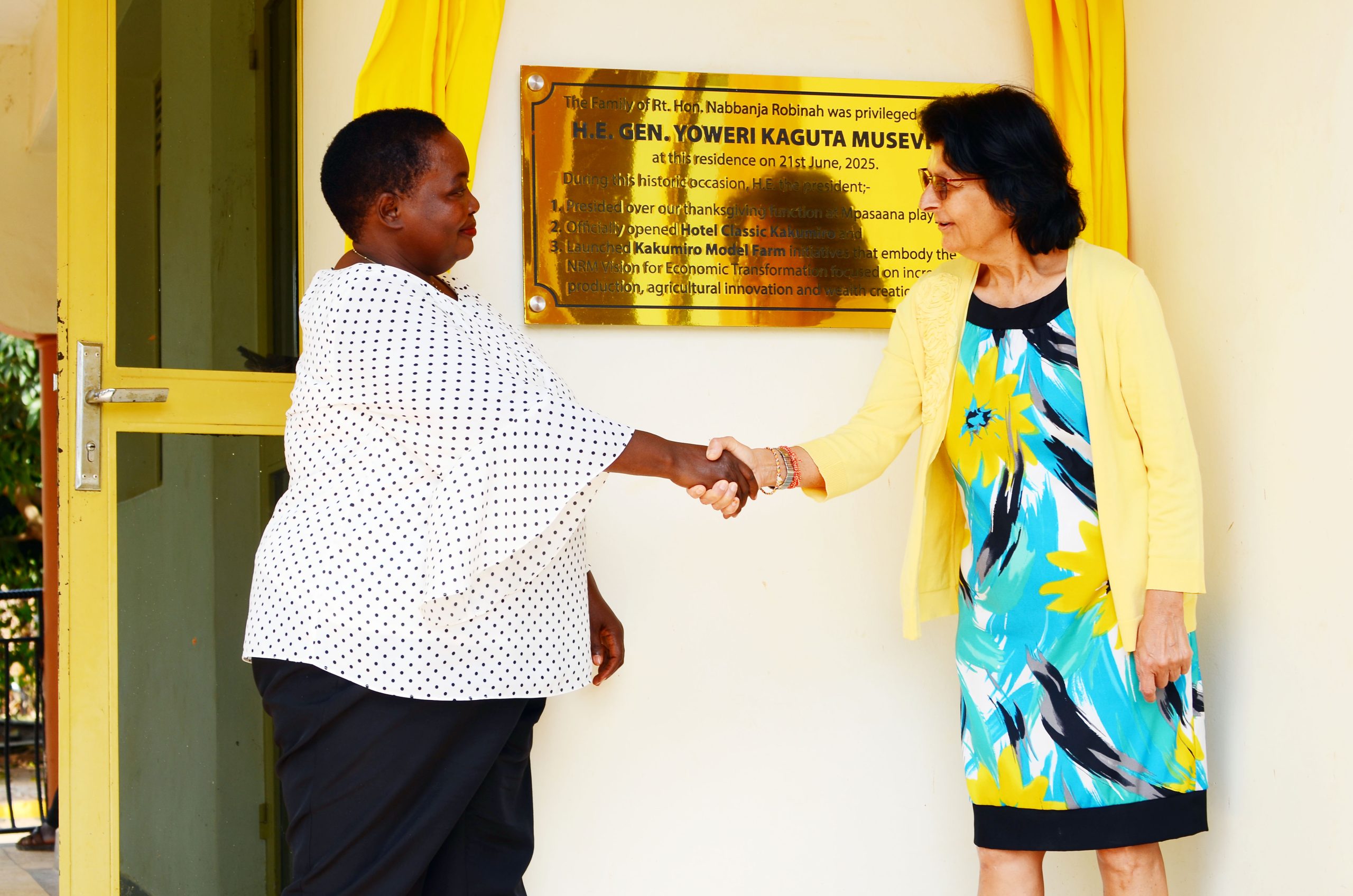By: Ismael Kasooha
New York
The Prime Minister of Uganda Rt. Hon. Nabbanja Robinah has assured the United Nations General Assembly taking place in New York that the Government of Uganda is committed to utilize science, technology and innovation as a solution to achieving the sustainable development goals (SDGs).
“As the Government of Uganda, we are committing to utilizing Science, Technology, and Innovation (STI) as a solution for achieving the SDGs. Towards this end, we have established a National Science Technology and Innovation System, centered on priority industrial value chains, aligned to SDGs, with focus on growing the contribution of knowledge-based goods and services to the national economy by increasing domestic productivity, import substitution and export of value-added products,” said Nabbanja.
Nabbanja made the commitment on behalf of Uganda while addressing the United Nations General Assembly during the Heads of State and Government for the 2023 High-level political forum on sustainable development under the auspices of the General Assembly (SDG Summit) in New York.
While presenting the statement at the summit, Nabbanja highlighted the achievements the Government of Uganda had made towards the realization of the SDGs.
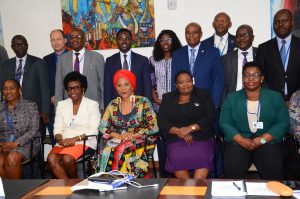
The Ugandan delegation attending a side meeting on alternative and innovative development financing at the Ugandan mission in New York
The Premier briefed the UN General Assembly that Uganda was enhancing the use of data to improve the efficiency, transparency, and accountability of public services and governance in Uganda. She added that Uganda had recently launched the Digital Transformation Roadmap (DTR) and developed a Big Data Strategy (BDS).
On behalf of the Government of Uganda, Nabbanja said that Uganda was committed to accelerating efforts to harness the full potential of data to improve the lives of all Ugandans.
Nabbanja outlined some of the focus areas to include development of e-mobility solutions including production of vehicles, charging systems, development and rollout of solutions for air quality monitoring and Productivity acceleration technologies for rural households.
The others are Industrialization based on agricultural products, where the downstream value addition gains are distributed upstream along the value chain, eventually reaching the farmers who earn more income and End-to-end development of healthcare solutions (vaccines, diagnostics, therapeutics).
The Secretary General of the United Nations, Antonio Guteres said that many countries were in reverse in achieving the SDGs and called on action to address the challenges.
“Many countries have not moved at the expected speed in achieving the SDGs and only 15 percentage of the SDGs are on target. Instead of leaving no one behind we are leaving the SDGs behind, so your excellences, the SDGs need a global rescue plan that include support to developing countries amounting to 500bn Dollars a year,” said Guteres.
The summit marks the mid-point of the implementation of the 2030 Agenda for sustainable development and provides a crucial opportunity to accelerate Uganda’s efforts.
The SDG summit is being attended by the Vice President H.E Jesca Alupo, Ministers who include Justine Kasule Lumumba, The Minister in charge of General Duties in the Office of the Prime Minister, Foreign Affairs Minister Gen. Jeje Odong, the Health Minister Dr. Jane Ruth Aceng, the Minister for Water and Environment Sam Cheptoris and Okello Oryem, State Minister for Foreign Affairs.
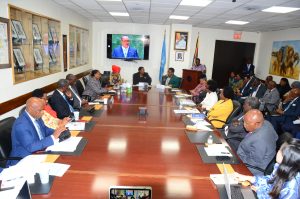
The Ugandan delegation attending a side meeting on alternative and innovative development financing at the Ugandan mission in New York
In a related development, while chairing the alternative and innovative development financing meeting held at Uganda Mission headquarters in New York, the Prime Minister reiterated the need to increase productivity by involving all citizens instead of relying on foreign Aid.
The meeting was attended by UN Assistant Secretary General Director, Regional Bureau for Africa, Ahunna Eziakonwa and other African Ministers.
Nabbanja said that the Government of Uganda was focused on transforming Uganda and improving the livelihoods of its citizens.
She said that through the National Development Plan and the NRM Manifesto for this term 2021-2026, Uganda was working towards achieving the Sustainable Development Goals and, above all, lifting the 39% of Ugandans who were in subsistence economy to the money economy.
Kasule Lumumba, the Minister for General Duties in the Office of the Prime Minister and in charge of SDGs said that there was need to carryout special audit to establish the status of our fiscal space.
Prof. Pamela Mbabazi, the Chairperson of the National Planning Authority said that Uganda needed strategic partners to achieve its goal.
UN Assistant Secretary General Director Regional Bureau for Africa, Ahunna Eziakonwa said that African countries had a big challenge of investing their reserves outside Africa instead of depositing them to make more money in Africa.
Vera Davis De Sausa, the Minister for Finance in Angola said that most of the aid support sent to African countries goes back to the developed world in form of consultancy services and salaries not serving the interests of the people.
Dr. Raymond Gilpin, Chief Economist for Africa under UNDP said that there was need to reduce the cost of loans and also mind about the risks involved.
Elsie G. Attafuah, UNDP Resident Representative, to Uganda said that there wasa big gap in development financing which needed urgent attention.
The Prime Minister later met prof. Jeffrey D. Sachs, a world-renowned Professor of economics, leader in sustainable development, Senior UN Advisor and discussed a wide range of issues for the development of Uganda.
The meeting that was graced by several technical and development partners aimed at exploring ways of improving alternative and innovative development financing for African countries.
End
